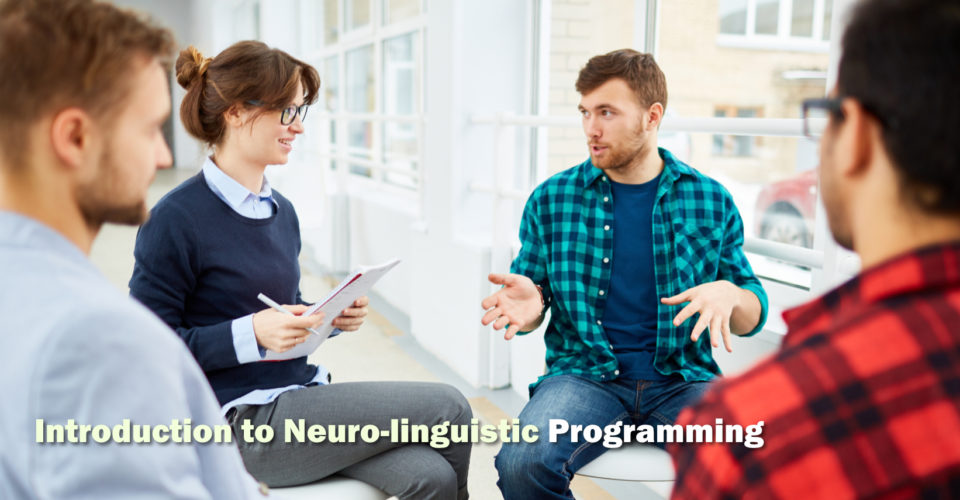- We help people develop life changing thoughts, feelings and behavior
- 609-689-3745
- 609-532-1220
The Spirit of NLP
Essential Neuro Linguistic Programming: A Teach Yourself Guide
April 23, 2010Assumptions of Ericksonian Hypnosis
April 27, 2010 Product Description
Product Description
This fully revised edition of The Spirit of NLP represents the core of a brilliant Richard Bandler master training.
It also includes significant contributions from other master trainers, including Eric Robbie, Wyatt Woodsmall, Tad James, Christina Hall and the late Will McDonald.
Providing a deeper understanding of the true genius of the co-developer of Neuro-Linguistic Programming, it includes mastery of the neurology of NLP, and developmental work associated with … More >>





4 Comments
Having said that, I still think that this is somewhat of an important book, it was the first NLP book I saw which openly commented on how Richard Bandler uses tone and Rythm to build propulsion into his presentation. Knowing this helped imeasurably once I started listeniing to him on tape. Having said all this, obviously this is not a beginners book on NLP, so if you’re not prepared to wade through terminology than you will be very frustrated by this book.
Rating: 3 / 5
This book is aptly named! It does, indeed, cover the Spirit of NLP. A book recommended for people who have completed their Practitioner’s course, or equivalent. Michael Hall’s style is emerging as one of the best, particularly as a “late” entrant into the scene. He has a total perspective and broad vision, which is conveyed. It is also evident that he is a thinker, and is concerned with putting his ideas across in such a way that he could predict the response! A lot of information here, which also gives us the insight and invitation to understanding. Easy to read, well thought out and laid out. An author to search for – and follow.
Rating: 5 / 5
This book is an excellent primer for those with some NLP knowledge and training. It is for those pursuing master level training, and is presented at the master practitioner level. This work apparently began as L. Michael Hall’s notes from his Neuro Linguistic Programming (NLP) trainings with Richard Bandler (co-creator of the NLPL field), and was developed into this thorough book. Excellent information for those wishing to master NLP in their lives.
Rating: 5 / 5
The first edition of this book showed poor writing skills, bad layout, and even worse proof-reading.
This is the second edition. The layout is greatly improved’ and the proof-reading is a whole lot better. Unfortunately, however, the writing is as bad as ever, and is slightly less “spirited” than a dead fish.
The basic problem seems to be that this author confuses “quantity” with “quality”. His output is indeed prodigious, but the books all tend to read like catalogues – all the facts, presented in a totally deadpan manner.
In practice there are now far too many NLP books available, of far higher quality, to leave much room for such poor writing.
For a good, all-round introduction to NLP, O’Connor and Seymour’s “Introducing NLP” leaves this standing on the starting line.
Incidentally, the book categorically DOES NOT contain “significant contributions from other master trainers”, not unless you imagine that quoting someone means that they’ve made a “significant contribution” to your book.
In reality, for better oe worse, the writing is pure wall-to-wall Michael Hall.
If you’ve enjoyed any of Michael’s other books then you may enjoy this one as well. If you didn’t, it’s VERY unlikely that you’ll like this one either.
Rating: 1 / 5